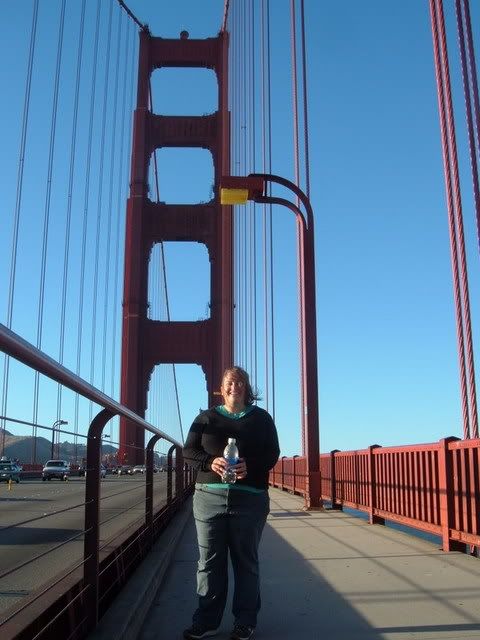
Nathaniel Hawthorne wrote a little book called The Blithedale Romance about an adventure he had as a young man on a socialist commune called Brook Farm. He devotes his entire introduction to a passionate denial that the story is written from personal experience, but no critic has ever believed him, especially in light of the fact that many of his characters bear an absolutely uncanny resemblance to the original inhabitants of Brook Farm. As you can imagine it would, the Brook Farm experiment ended rather badly when Hawthorne realized the sheer volume of work involved in running a farm and sued the collective for his original $400 "buy-in" amount. He won.
There is a passage describing a certain man, Hollingsworth, who has committed his life to the seemingly noble cause of reforming prisoners. His singular devotion to this "philanthropy" puzzles the other members of Blithedale, being that they intentionally left society to escape the influence of such men. Hawthorne describes him as having taken a turn from his originally honorable goal and become so bent on "proselytizing" others and recruiting them into his work that his ambitions have ceased to be commendable and have instead become patently evil at the core. Hawthorne goes so far as to refer to Hollingsworth's state of mind as the work of a Deceptive Devil. If you join such a man for the first phase of his journey but refuse to continue on with him for the second and third, Hawthorne explains, his hatred for you will not know bounds. He will consciously seek to work you woe and extract a heavy payment for your desertion. It's a rather chilling passage.
When I read Hawthorne, I often want to jump out of my chair and exclaim Eureka! This is it! This is the ideal explanation for the woes of the world around me! Never has the work of any writer been so validating to my own observations as is Hawthorne's, and this is the basis for my love affair. Hawthorne's description of Hollingsworth's "bent," as I've come to think of it, strikes me in such a way.
In a religious context, I've often met men like Hollingsworth. At first (or second or twentieth) meeting, I perceived them as possessing a winsome affection for the people associated with their Cause. They might, as Hollingsworth does, nurse the sick with great tenderness, but it will always be with the goal of proselytising effectively. Once won, these modern Hollingsworths will, by the power of their fickle affections, make you feel accepted and complete. This, they seem to say (indeed they do say) is where you belong. And you believe it. Because you want to. Because all your life you've been wanting to belong. This insidious need to Belong is the Turkish Delight of Man's days Here Below. Though it might be Heaven's relic designed to guide us homeward, its charm is strong and we can't resist gobbling up a counterfeit should we be so fortunate to find one. And once so settled, it is hard to perceive that we are now entirely converted and equally monomaniacal in our aim and purpose to convert, by any means necessary.
But Hope Enters, stage left, and with a little clay and a little spittle opens our eyes. For a moment, we perceive that we aren't home. Like the missionary who arrived at New York from a long African deployment at the same time as a President and wondered why the celebration wasn't his, we aren't Home yet. Earth doesn't satisfy. In fact, our souls are often wooed to the desert intentionally, so we won't be deceived into settling for the false and icy palace of a Snow Queen. I've found that at the moment of despair, Hope comes like a cheerful father wanting to whirl me around with my eyes closes. You would think, says Karen Peris, that Hope would be tired. But it's alright. And it leads you away from the familiar, out of the boat, out of a comfortable home and places you on a path to Heaven. Hope holds my hand. Hope shines the way. Out of the crowd of Hollingsworths, Hope draws me away.
This has been a hard year, or three years, actually. When I look at my face in the pictures from our vacation, I see the hardness etched on my face. But I look carefully, and I see Hope, underneath it all peeking out like a row of women welcoming a war ship with flags flying out of the mist of the Golden Gate Bridge. You would think now that Hope would be tired. You would think now that Hope would be ragged and Oil Brown. But, it's alright. It's alright.
No comments:
Post a Comment